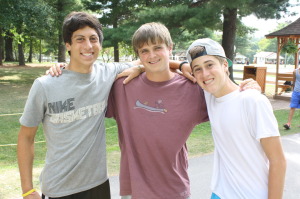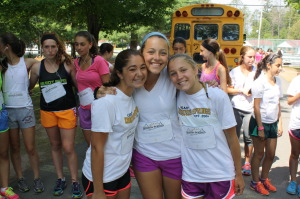Raising Independent Children
The term Helicopter Parent, a parenting style of hovering over our children and swooping in at the first sign of struggle, is so widely recognized that it can be found in the dictionary. Dr. Ann Dunnewold Ph.D., a licensed psychologist and author, calls it “overparenting”. “It means being involved in a child’s life in a way that is overcontrolling, overprotective, and overperfecting, in a way that is in excess of responsible parenting”. We all want our children to be happy, safe and healthy, but taking on their challenges and making decisions for them, robs them of the opportunity to learn, grow and develop. Many helicopter parents are trying to prevent their children from struggling, not realizing that challenges teach kids the skills they need to handle themselves when things get tough. Their intentions are good, but helicopter parenting can backfire and decrease a child’s self-esteem. The message is that we don’t trust the child to handle things on their own…that we do not think they are capable. When parents take the reins they do not allow their children to learn how to take charge of their own lives. Children who do not have the opportunity to resolve their own problems often become anxious and depressed because they don’t know how to tackle a problem and don’t trust themselves to figure it out.
There is no doubt that helping our children and supporting their goals can lead to productive lives, but the goal is to help our children achieve their goals without undermining their sense of accomplishment. If success if always dependent on the help of mom or dad, children will not have the confidence to go it alone. When children are allowed to figure things out on their own, even if it means making mistakes along the way, they build confidence and independence.
In this world of overparenting, there is a wonderful place called “Camp”. Camp empowers children and instills a sense of independence. At camp, children are taking care of basic needs that they are fully capable of doing on their own. They are making choices and developing self-worth. Parents are not there to schedule activities or playdates or come to the rescue when things are difficult. Campers learn to take on challenges, step outside of their comfort zone, and navigate the world on their own. They receive guidance and support, but they own the outcome. Camp gives children a feeling of acceptance, builds self-confidence and provides opportunities to grow. Mistakes may be made along the way, but mistakes are a natural step in self-discov ery and independence.
ery and independence.
“Challenges are what makes life interesting and overcoming them is what makes life meaningful”. Joshua J. Marine


